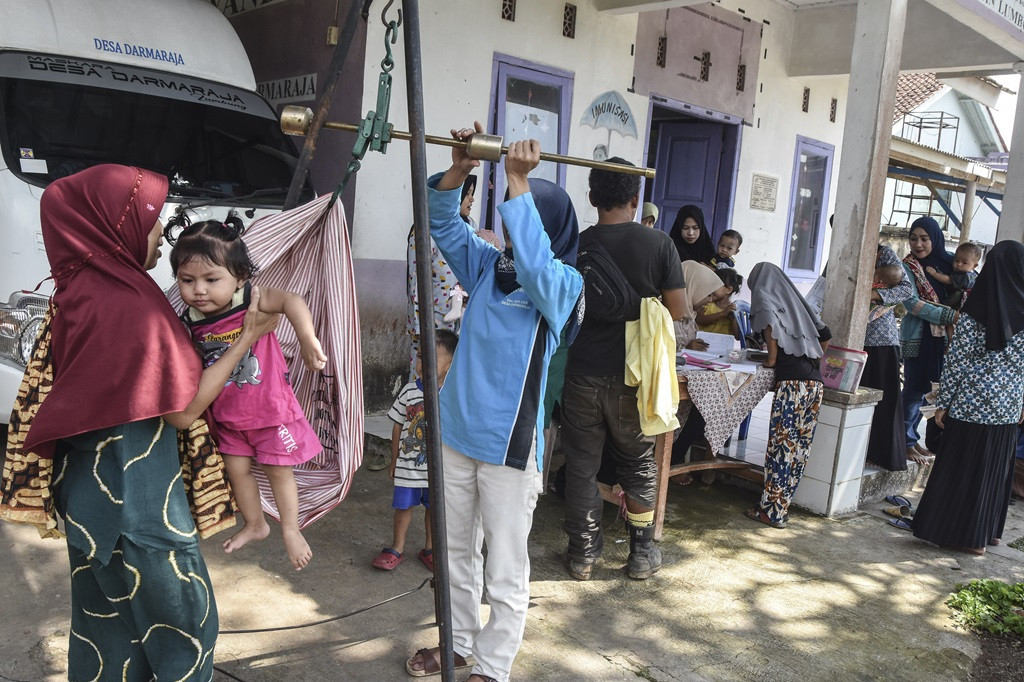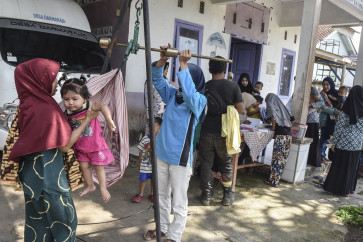Popular Reads
Top Results
Can't find what you're looking for?
View all search resultsPopular Reads
Top Results
Can't find what you're looking for?
View all search resultsFrom home to nation: Family foundational in Indonesia’s future
While population growth brings development potential, it also raises pressing questions about infrastructure, education, employment and resource equity.
Change text size
Gift Premium Articles
to Anyone
T
he recent National Family Day (Harganas) on June 29 brought renewed attention to a core message, "Dari Keluarga untuk Indonesia Maju" (from family comes progress for Indonesia). The occasion marked the launch of five quick-win programs by the Population and Family Development Ministry/National Population and Family Planning Board (BKKBN). These initiatives highlight a growing recognition that sustainable national progress begins at home.
In many development discourses, the family is referred to as the smallest unit of society. Yet, its role in shaping human potential is outsized.
Amid growing pressures from modernization, globalization and economic uncertainty, the family remains the first and most essential environment in which individuals learn, grow and connect. From early childhood development and emotional support to values transmission and social protection, the functions of a family are foundational.
BKKBN has outlined eight critical family functions, which are religious guidance, sociocultural development, love and affection, protection, reproduction, education and socialization, economic support and environmental management. Strengthening these roles is not simply a domestic issue, it is a national imperative.
Encouragingly, the Indonesian Family Development Index (iBangga) reached 62.4 in 2024, up by one point from the previous year, reflecting moderate improvement. Among its three dimensions, family happiness scored the highest at 72.3, followed by tranquility (61.6) and self-reliance (53.3).
These metrics reflect the degree to which families are meeting their vital roles. But fulfilling all eight functions requires an adequate standard of living as a baseline.
Statistics Indonesia (BPS) further underscores this connection in its 2024 Welfare Indicators. The report identifies eight core areas that describe family wellbeing: population, health, education, employment, consumption, housing, poverty and social inclusion. In other words, the challenges families face are the very indicators by which we measure national progress.



















